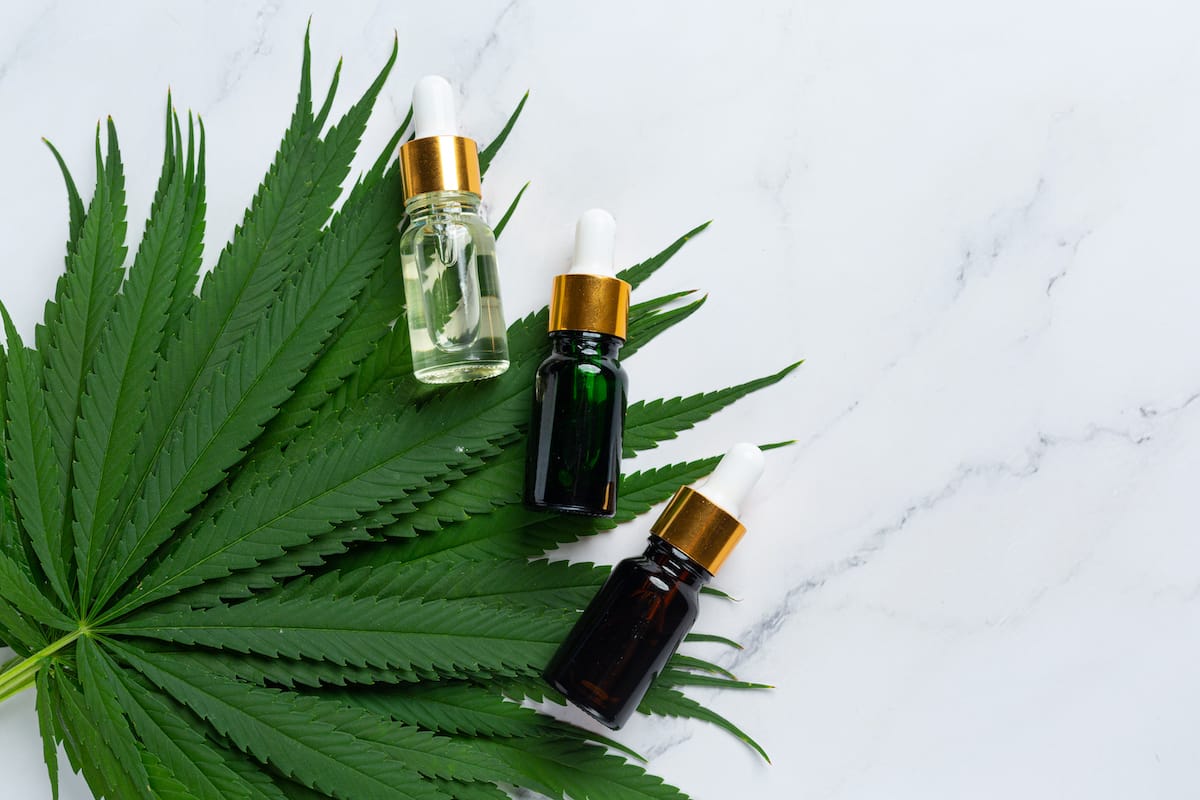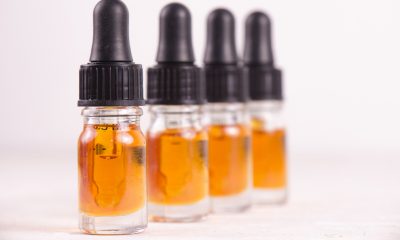Key stakeholders have indicated a positive step for the UK CBD industry, after meeting with Home Office representatives this week.
In a joint statement the British Hemp Alliance, Cannabis Trades Association, Northern Ireland Hemp Association, Scottish Hemp Association and Unyte Hemp said a “positive meeting” took place with Home Office representatives on Wednesday 31 March.
The urgent meeting was called by the key industry bodies – which collectively represent over 1,000 CBD and hemp businesses in the UK – in a bid to find workable solutions for businesses, regulators and public health officials.

“We would like to thank the Home Office for their swift response to our call for a meeting,” the statement said.
“Speaking on behalf of over 1000 hemp and CBD businesses, the largest and most diverse group in the UK, we discussed the various irregularities facing the hemp industry.
“These include controlled substances naturally present in trace amounts in hemp foods, import licenses and farming.”
Findings from an upcoming white paper, UK Medicinal Cannabis and CBD market by Professor Mike Barnes and cannabis consultancy firm Maple Tree, were shared in advance of its release, as well as preliminary results from the Great British CBD survey 2021, in which consumers consistently voted in favour of full-spectrum or whole plant products.
In January, the Minister of State for Crime and Policing, Kit Malthouse wrote to the Advisory Council on the Misuse of Drugs (ACMD) calling for further clarity on the legal levels of THC permitted in CBD products.
Since then the Association for the Cannabinoid Industry (ACI), Centre for Medical Cannabis and the Conservative Drug Policy Reform Group has released a paper recommending a 0.03 percent THC limit should be adopted by the Home Office to address “widespread confusion” over regulations.
Under the proposals, CBD products and hemp strains below those levels would be exempted from controlled status.
In a joint letter last week, the British Hemp Alliance, Cannabis Trades Association, Northern Ireland Hemp Association, Scottish Hemp Association said this would be a “disaster” and is too stringent to allow the UK hemp sector to grow.
Hemp food products have been on the UK market for over 20 years, with trace amounts of controlled substances present.
The Home Office is said to have acknowledged that the 1mg issue was “not relevant to hemp products”, with the exempt definition being intended for research purposes, not for human administration.
They agreed that new regulations would be required to accommodate this growing industry.
The statement continued: “With the requirement of Regulated Product (Novel Food) authorisation, and synthetic cannabinoids entering the food supply for the first time, our proposal for mandatory labelling for classification of contents was well received.
“As part of the Home Office review for changes required to law and regulations, including the Misuse of Drugs Act, will see an immediate improvement to the future of the UK hemp and cannabis industry.
“We will be submitting our evidence to the ACMD.”
A Home Office spokesperson confirmed that they continue to engage with industry stakeholders but its position on CBD and cannabis cultivation remains the same.
While CBD, as an isolated substance, is not a controlled drug, if a product contains THC then it is “highly likely” that the product would be controlled.
They added that those who wish to cultivate cannabis for legitimate purposes must possess the appropriate licence.
A spokesperson said: “We have asked the independent Advisory Council on the Misuse of Drugs (ACMD) to provide advice on how we can strengthen and clarify the law on consumer cannabidiol (CBD) products.
“This advice will ensure the law is clear and that these products are safe for consumers, so those who seek to supply legitimate, safe CBD consumer products are able to do so more easily.
“We continue to engage with industry stakeholders but the legislation, our position on CBD and the cultivation of cannabis have not changed.”

 News6 months ago
News6 months ago
 News6 months ago
News6 months ago
 Science5 months ago
Science5 months ago
 Industry6 months ago
Industry6 months ago
 News6 months ago
News6 months ago
 News5 months ago
News5 months ago
 Health4 months ago
Health4 months ago
 News5 months ago
News5 months ago













